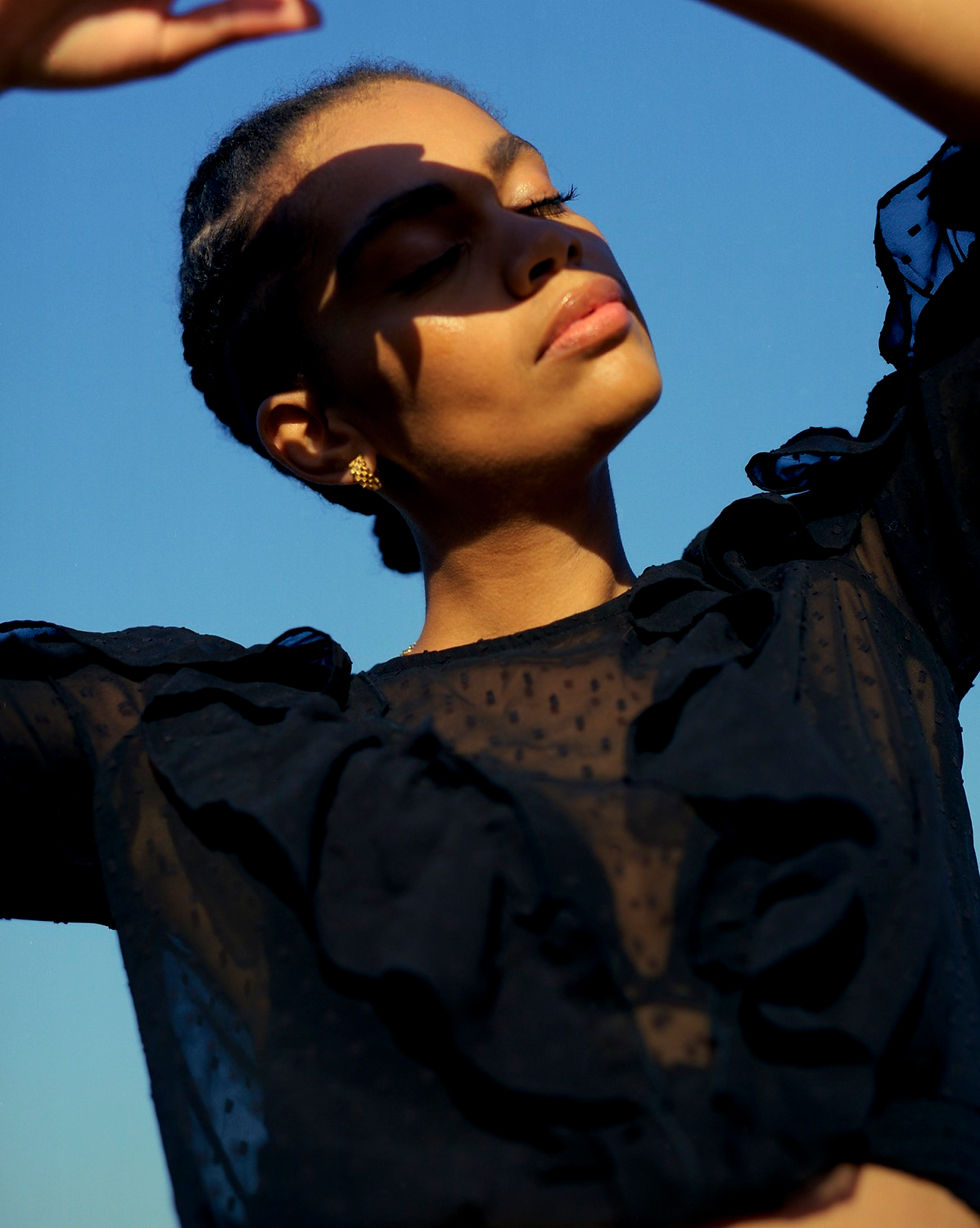
One Day It Will All Make Sense - Steel Banglez on Legacy, Blending Culture, and his Production Process
For the first instalment of New Wave Magazine's Hitmaker Series, a brand new look into producers in the industry who are behind some of...


SAINt JHN: A Conversation Ahead of 'FESTIVAL SEASON' The Album Before The Resolve
SAINt JHN discusses his upcoming album FESTIVAL SEASON, sharing insights into its creation and the direction of his music. This project ma


SAILORR Speaks on the Divine Timing of Life, Unapologetically Being Herself, and Creating Music that Bad B*tches Can Cry To
Meet SAILORR, a star in the making with floating vocals cutting through the noise. With captivating sonics as smooth as butter, SAILORR...


Alessia Cara on her Fourth Album, Dichotomies, and the Ebbs and Flows of her Artistry
Alessia Cara on dichotomies ebbs and flows in her artistry, and newfound freedom in her creative process - Love and Hyperbole interview

![Eem Triplin Unpacks His Next Album, Tour Ambitions, Fashion, and the Inspirations Behind His Music [Interview]](https://static.wixstatic.com/media/781d42_ab0be2958027475688580bbb02a1ab1a~mv2.jpg/v1/fill/w_390,h_390,fp_0.50_0.50,q_90,enc_avif,quality_auto/781d42_ab0be2958027475688580bbb02a1ab1a~mv2.webp)
Eem Triplin Unpacks His Next Album, Tour Ambitions, Fashion, and the Inspirations Behind His Music [Interview]
Rising to the top of the rap scene in no time at all, Eem Triplin has firmly established himself as a name that echoes throughout the indust













Comments